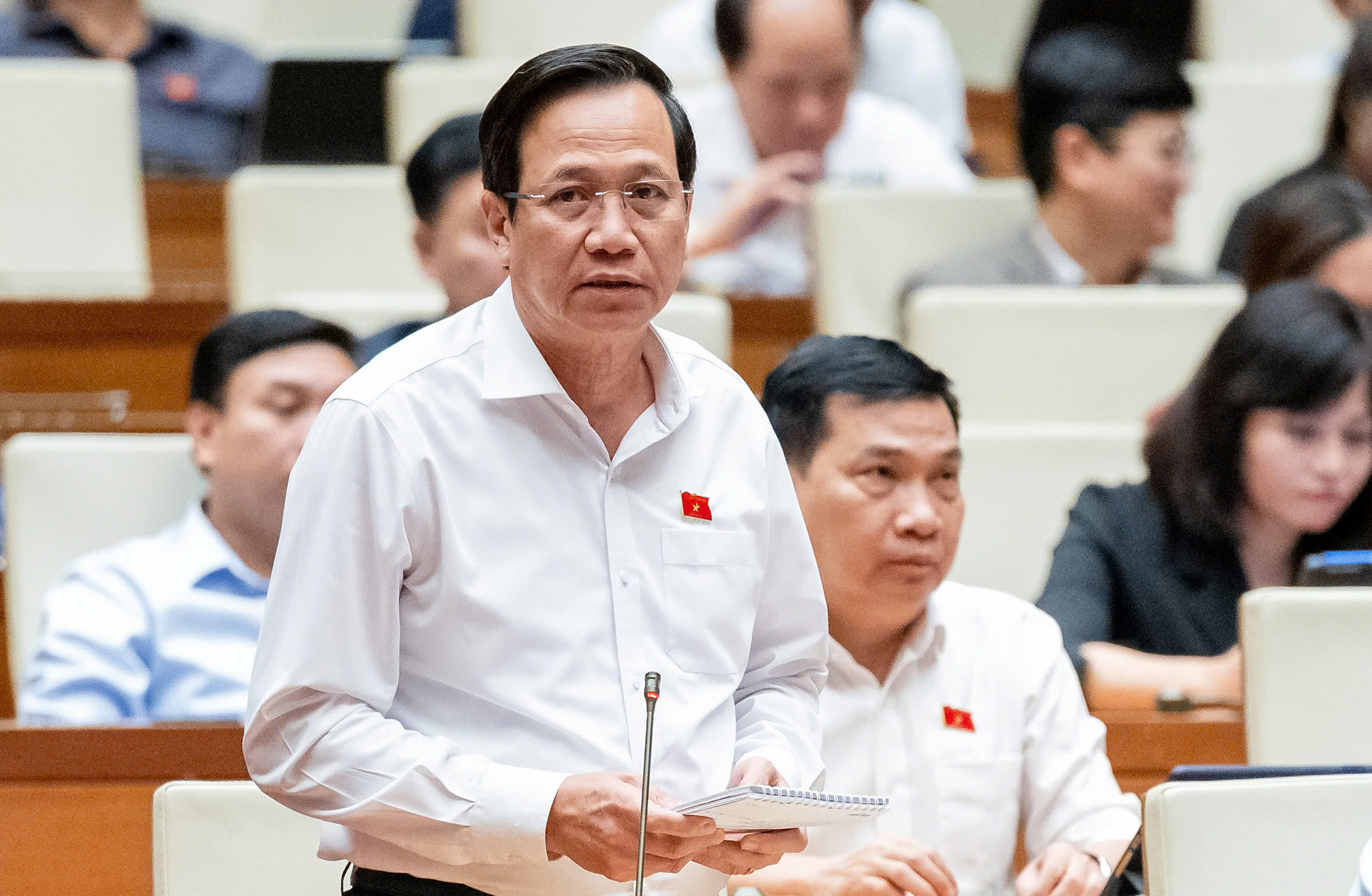On the afternoon of November 4, during a response session at the National Assembly, Minister Dao Ngoc Dung addressed concerns about youth employment challenges.
Minister Dung emphasized that Vietnam's unemployment rate is "within acceptable limits," noting that the youth unemployment rate specifically is at 7.92%.
He compared this figure to the broader regional context, where the unemployment rate in Southeast Asia averages around 9.5%, attributed to slow global economic growth and various instabilities affecting production and business operations.
Youth employment: challenges and solutions

While acknowledging that youth unemployment and underemployment are significant issues, Minister Dung pointed out that some cases may be more accurately described as "underemployment" rather than outright unemployment.
He highlighted that recent trends in Asian countries show rising unemployment and underemployment, with Southeast Asia experiencing an average rate of 9.5%. Factors contributing to this include global economic slowdowns and external uncertainties disrupting production.
“Employers are increasingly prioritizing experienced workers capable of multitasking to save costs, which makes it harder for young workers to adapt and leaves them vulnerable to job cuts,” Minister Dung explained.
Digital transformation and the use of artificial intelligence have also replaced some jobs, contributing to underemployment among the youth. Additionally, some young workers prefer stable, long-term positions over short-term, higher-paying jobs, leading to temporary unemployment.
Policies for youth employment and entrepreneurship
Minister Dung outlined several policy measures aimed at improving youth employment. These include focusing on flexible training programs to develop skills that match market needs and offering incentives for youth-led small and medium enterprises (SMEs) to foster innovation and job creation.
The minister emphasized the importance of entrepreneurship support policies, including financial assistance, management training, and tax incentives to facilitate job creation, particularly through skill development.
Regarding unemployment insurance, Minister Dung described it as a “safety net” to prevent prolonged unemployment among young people.
Minister Dung also highlighted the need to create domestic employment opportunities and limit the recruitment of foreign workers for common labor roles.
“Foreign workers should only be permitted when local labor cannot meet the demand,” he asserted.
Quang Phong, Tran Thuong, Thu Hang